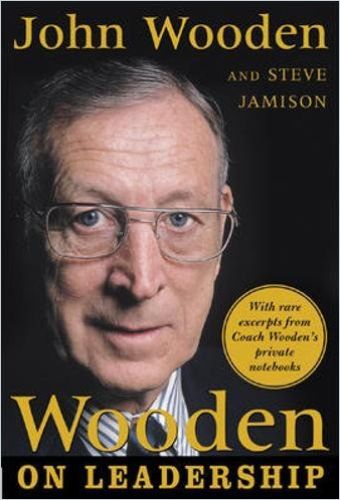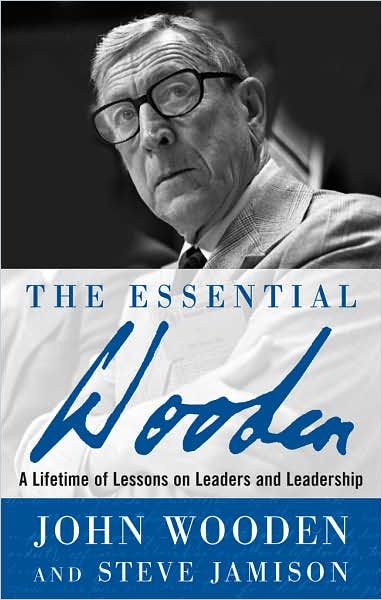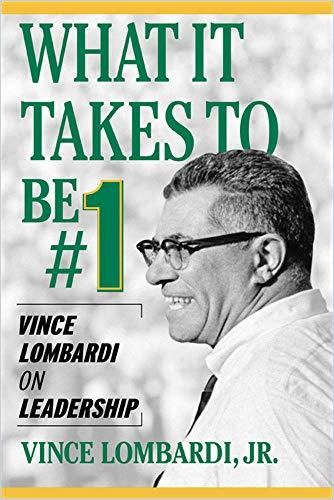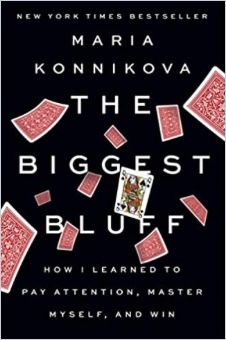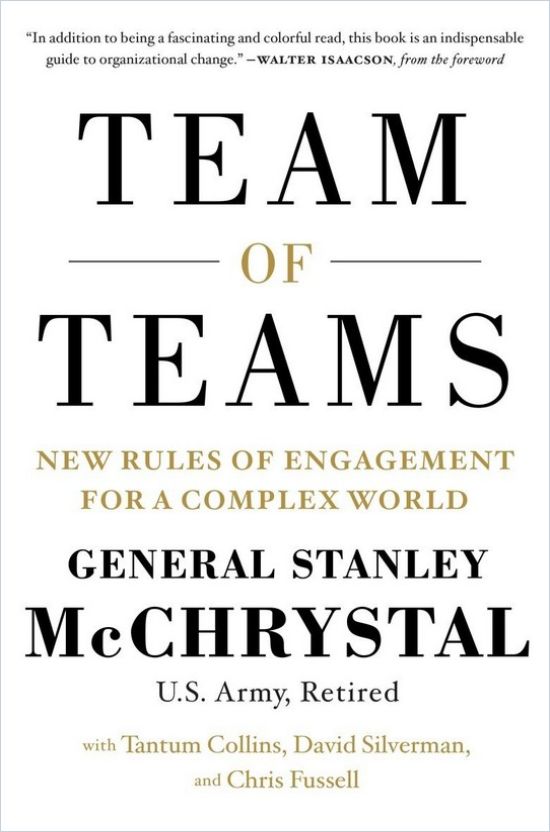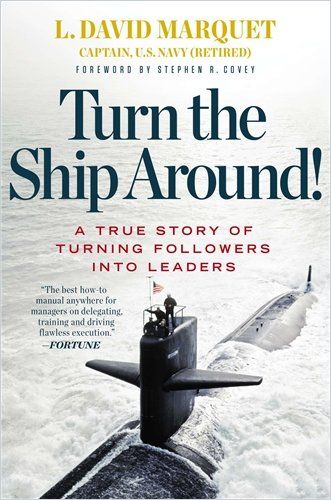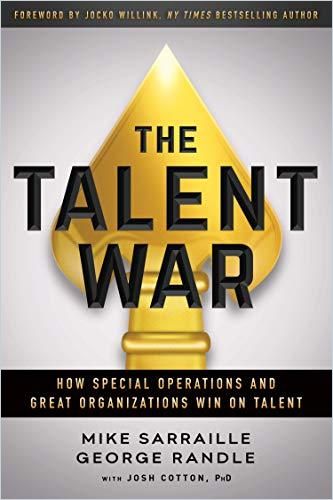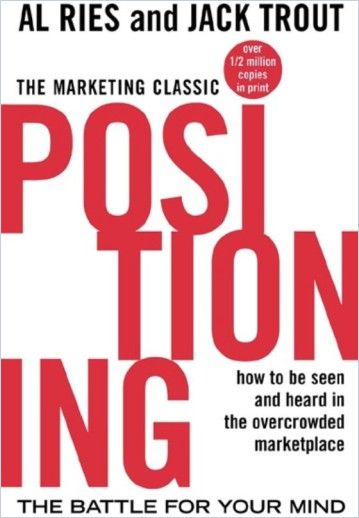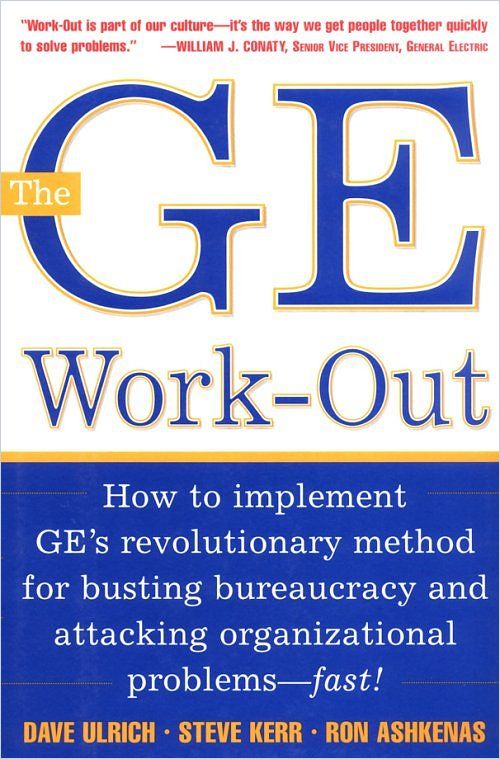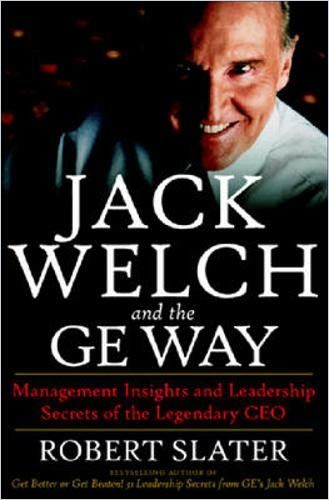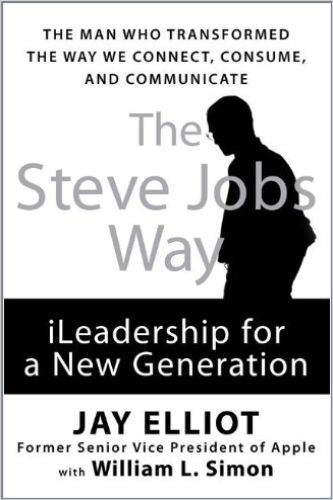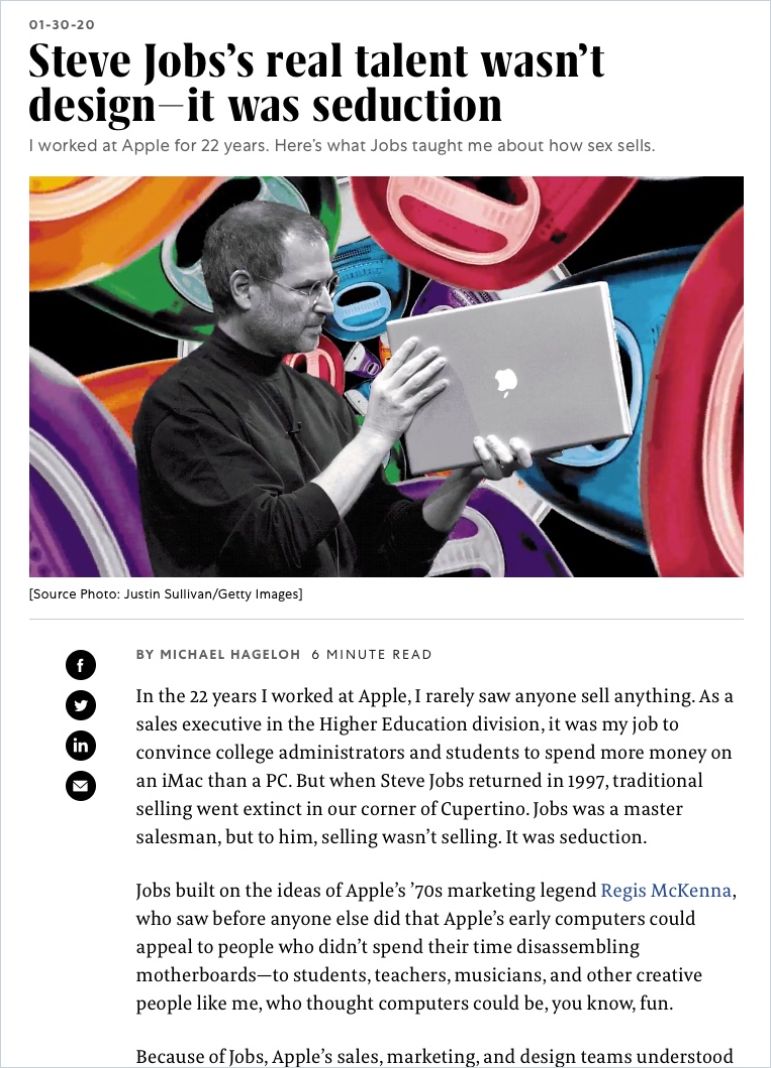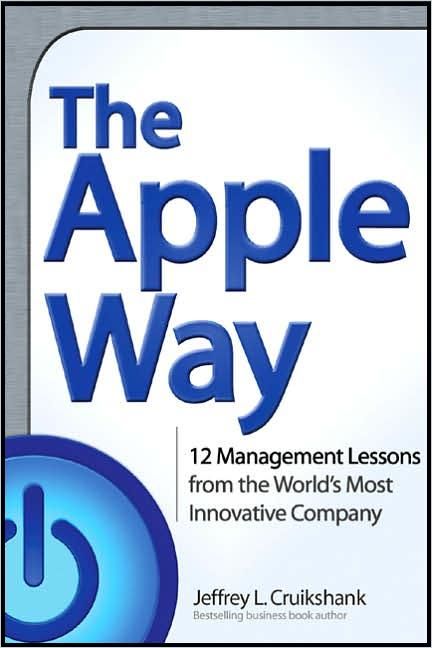Tough Fellas

Lay off 50% of your employees, and make the others work twice as long and twice as hard: Anyone who writes this leadership formula in a business book today is more likely to be laughed at than admired. The days for such advice are long gone. Nevertheless, the following applies: You won’t build a competitive company with a nice working atmosphere, a table soccer room and a diverse workforce alone. Sometimes you have to make decisions that are clearly not only tough, but also demand things from the management staff as well as all other company levels that you don’t want to demand, but have to.
We scoured our library for books written by once admired “tough dudes” from the sports world, military and executive floors – and pulled out some leadership tips that remain valuable today, even though brutish tyrants are no longer the CEO ideal.
Sports
When sports figures write books on leadership, they often take the easy route – athletic metaphors, game time war stories, tenuous applications of sports experiences to business. But that doesn’t always have to be the case. Here is some evidence to the contrary:
John Wooden
John Wooden, 10-time national champion UCLA basketball coach and generally considered the greatest college basketball coach to ever hold a clipboard, delivers a leadership book that stands alone at center court: Wooden on Leadership. Here are his lessons:
- List the specific behaviors, activities and practices that will enable each individual on your team to make his or her maximum contribution. Be specific.
- Consistent performance stems from self-control.
- “Help others,” “be true to yourself” and “build a shelter against a rainy day.”
- To attract people of high character, you must be a person of high character.
- Don’t recruit only the most skilled players! Recruit players who make the greatest contribution to the overall team.
- A demonstration is more effective than a lecture.
Vince Lombardi
Vince Lombardi was one of the most famous coaches in American Football. Even though he was not the greatest innovator in NFL history, he was able to quickly absorb and refine new strategies and tactics – which today, decades after his great time, turns out to be probably the most important leadership skill.
Lombardi was also able to adapt tactics and strategies to the skills of his players, creating well-balanced teams. He practiced every play to perfection, and taught his team nine foundational values:
- Commitment – Anything short of 100% effort is unacceptable.
- Discipline – Focus and determination help you get what you want out of life.
- Excellence – Strive to be the best throughout your life.
- Mental toughness – A leader must cultivate personal fortitude and the group’s fortitude.
- Habit – Your approach to life defines your character and behavior.
- Faith – Your beliefs are a source of comfort and spirituality.
- Passion – Live like you mean it.
- Results – The bottom line is the only metric that matters.
- Truth – Find yours and never waver from it.
Wooden and Lombardi are still a valid leader archetypes. And if you can’t get enough of business advice by sports icons, here are the most important leadership contributions from the fields of ping-pong, poker and – oh yes! – climbing.
Military
The core competencies of a good leader include quick situation assessment, clear communication, and target-focused execution. No wonder that a large part of the classic leadership literature was not only written by men who served in the military, but also decidedly exploited this military experience. Even in a world that can hope to solve fewer and fewer problems with “command and conquer” tactics, advice from the naval, air force and infantry worlds remains popular.
Stanley McChrystal
You might be surprised that a former four-star Army general – and a former Pentagon, governmental and media superstar – would admit that he needed and accepted help and that he celebrates it, but this attitude speaks to Stanley McChrystal’s concept of leadership and to the purpose of his autobiographical book Team of Teams. It’s an all-time-classic which sets out the principles you can use to build the best possible team compiled from all the potential teams you could create within your organization or company. The main take-aways?
- Adapt to the truth of the situation: McChrystal commanded armies in perhaps the most complex, self-contradictory, taxing and thankless situations of any general in US military history. And, most significantly, his attitude and methods produced something that eluded most other generals in that theater: results. What enabled McChrystal to achieve those results might be his most striking and singular quality as a leader and a teacher of leaders: McChrystal always wants to learn.
- 20th-century efficiency is obsolete: McChrystal’s forces had to adapt to a tactical world of constantly changing change. The general describes how fighting al Qaeda in Iraq (AQI – an Iraqi Sunni Islamic Jihadist al-Qaeda affiliate) taught him that 20th-century efficiency is obsolete. He found that the government and the military need to solve problems of war, business and innovation not by the best use of minimum resources, but by applying resources appropriately to the issue of the moment.
L. David Marquet
The former captain of the USS Santa Fe, L. David Marquet, systemizes the lessons he learned in Leadership Is Language. He says leaders must discard the Industrial Age “playbook” that splits people between “blueworkers” who decide and “redworkers” who obey. Today’s fast, complex world demands a “red-blue operating system” in which intense periods of focused, goal-oriented “redwork” alternate with periods of “bluework” for rest, reflection, celebration and improvement.
- Balance thinking and doing. Thinking increases variability, while taking action reduces it.
- Don’t obey the clock. Instead of yielding to time pressure, take pauses to reflect, ask if you’re doing things correctly and make adjustments.
- Collaboration breaks down barriers and allows for dissent.
- Instead of demanding compliance, ask for commitment.
- Set goals within the process so you can identify and acknowledge achievement.
- Someone with an “improve” mind-set needs self-determination to stay motivated.
- When people feel connected, they will take more risks, knowing they are in an atmosphere of trust.
- Combining strict goals with steep hierarchies shuts down dissent and opens the risk of unethical behavior.
Still can’t get enough of the military when it comes to leadership in the business world? Here is the latest addition to our library (and an exclusive interview with the authors):
Our verdict: While there is no alternative to top-down management in the military, many guidebooks penned by armed forces leaders are no longer good reading. The above books are the exception to this rule.
Board Room
From the actual battlegrounds of US armed forces to “marketing warfare theory?” Here is how to skip the unguided missiles:
Jack Trout
“Differentiate or Die.” Mr. Trout has never minced words, which has cost him some sympathy among more conservative business leaders, but earned him plenty from many others. Of course, the famous marketing guru’s modern classic Positioning does have a slightly historical flavor to it now, since the most contemporary business examples cited arrive from the 1970s and 1980s. While a lot has changed since then, a lot surprisingly hasn’t:
- Competing against a brand that’s already established in a consumer’s mind is a losing battle.
- Instead, find the creneau (French for “niche”) in the consumer’s mind and fill it with your product.
- Positioning helps you build a strategy based on your competition’s weaknesses.
- Keep positioning in mind when you choose a product name.
- Positioning allows you to use your present position to its best advantage.
- Reinforcing your position is critical to your continued success.
Jack Welch
Many well-known CEO personalities have been glorified over time or have simply been forgotten. Jack Welch, who passed away in 2020, is remembered by many contemporaries only as an ultra-hard cost trimmer and uncompromising taskmaster. But that would be doing Welch an injustice.
Sure, the advice to improve your organization immediately by identifying the bottom 10% of your employees in terms of performance (each year), and get rid of them (same), may sound rude. But Welch found it more honest and effective than nurturing false expectations of security and advancement. Taking a look at the state GE was in when Welch took the helm makes things almost understandable: The company had more than 25,000 managers, with an average of seven direct reports apiece. GE had 130 executives who held the rank of vice president or higher, and seven regional vice presidents of consumer relations. In other words: It was almost impossible to get all of them to work together on real solutions.
Today, due to increased global competition, companies in general can no longer afford enormous overhangs of bureaucracy – markets do a good part of the dirty work. In this sense, the situation Welch found himself in serves as a cautionary tale today: When entrenched companies rest and devote themselves to internal rent-seeking, major waves of layoffs are eventually inevitable. But if you face up to the competition and put the customer at the center, there is no need for such waves to occur in the first place.
Steve Jobs
This leads us to another leader who has his own channel at getAbstract. Steve Jobs believed Apple should be about products, not profits. Like Welch, he abhorred bureaucracy. But he favored collaboration instead of competition. Jobs preferred small, self-contained product groups. Working 16-hour days and dealing only with other Mac personnel, the team gave everything and developed a strong bond. Jobs has always had charisma and inspirational talent, and that held the club together, but his early career was marked by manipulative, dishonest, boorish behavior.
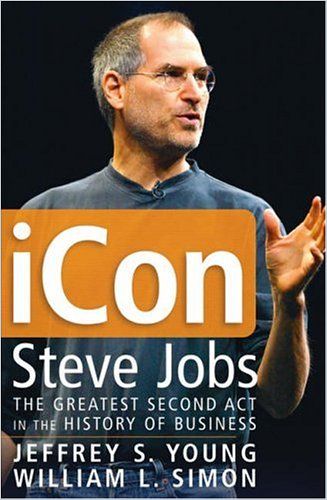
Jobs was ruthless, manipulative, charismatic and utterly determined. He clashed with the firm’s other managers from the start. He was not above lying or cheating anyone in a business deal, including Steve “Woz” Wozniak, whose relationship with Jobs soon collapsed. In his messy personal life, Jobs refused to acknowledge his baby daughter, Lisa, and let her grow up in poverty. But he was dedicated to creating revolutionary products, and his fervor inspired his Apple cohorts. The fact that he demanded a lot and sometimes gave too little does not change the fact that he – and all the others – succeeded in turning a small computer company into a global corporation. And his principles, repeated in many books, are still considered standards for economic success today:
- Your products should correlate with your personality.
- Routinely celebrate your team’s accomplishments.
- Never stop innovating.
- Tune out those who tell you that something cannot be done.
- Love your products, and use them enthusiastically.
- Learn from your mistakes.
- Aim for the stars.
